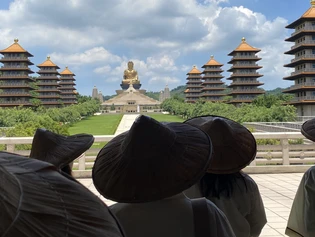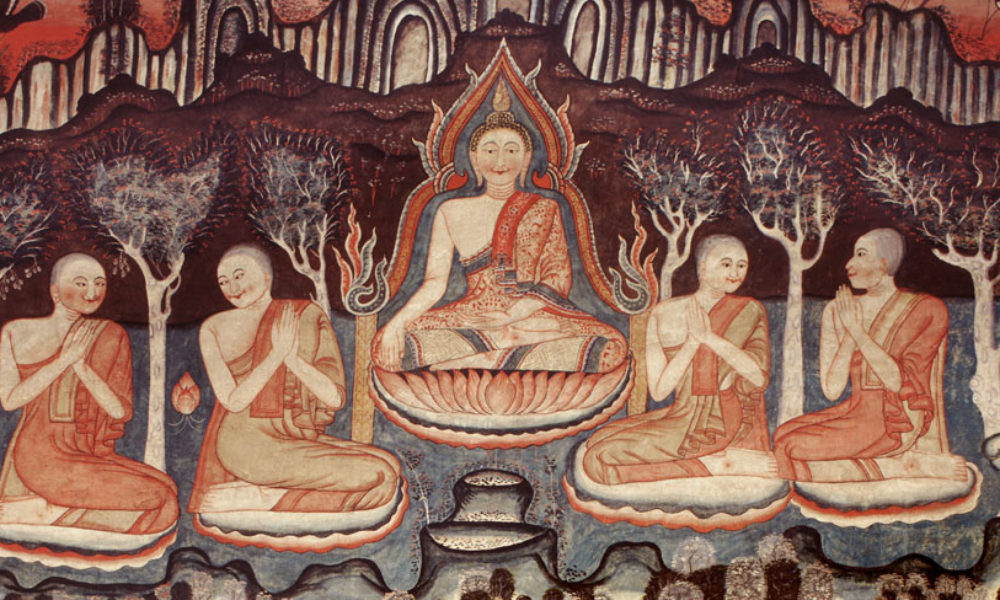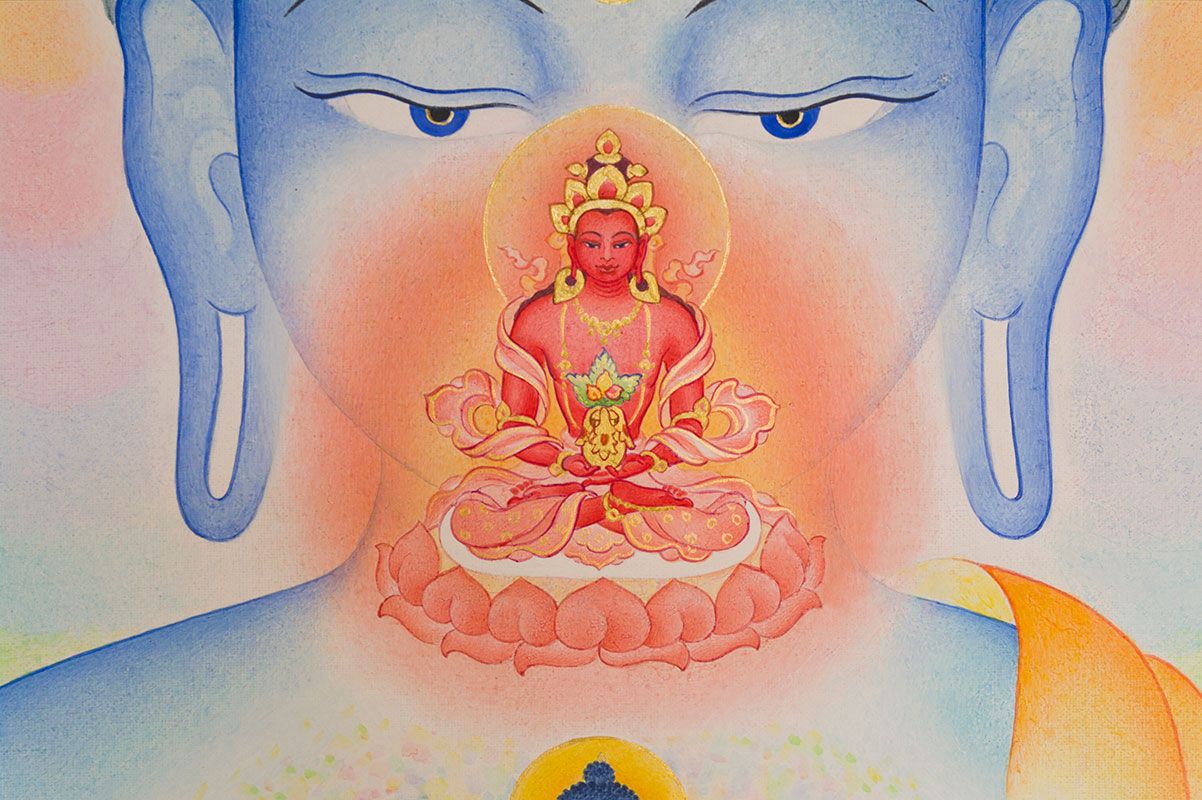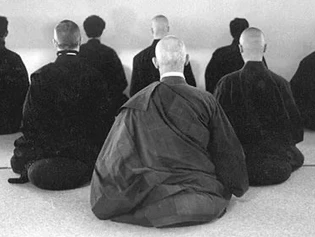Humanistic Buddhism is special type of Buddhism, that cares not only for individual salvation, but rather to help people and be with people.
Being vegetarian (Even for loyalty) is compulsory. Burning paper money (popular belief among Chinese Buddhism followers) and incense is discouraged – it’s bad for the environment. Going to temples is low priority. Even praying too much is frowned upon.
Humanistic Buddhism is becoming more and more popular in Taiwan. The focus now is on what the Taiwanese call “humanistic Buddhism” – caring for others and for society. It returns Buddhists to the core principles of Buddhism – speaking good words, thinking good thoughts and doing good deeds.
There are several big Buddhism foundation such as Tzu Chi Foundation, Dharma Drum Mountain and Fo Guang Shan, who promote Humanistic Buddhism.
Taiwanese Buddhist group, Dharma Drum Mountain, regularly holds “Buddhism 101” classes to teach people how to apply the philosophy to their lives.
In one recent class for about 200 people, a psychologist used Buddhism’s teachings to advise students on how to recognise and work on their own negative emotions, and how to deal with troubled family relations.

What makes Taiwanese Buddhism unique is its strong emphasis on helping society.
Taiwan’s major Buddhist association Fo Guang Shan has their own TV channels, publishing houses, and news agencies, as well as hospitals and universities. They send volunteers to schools to teach children about good behaviour, through storytelling. But they say they are not trying to convert non-believer
Fo Guang Shan has 200 temples worldwide, including 20 in Europe and 24 in the US, not just for overseas Taiwanese but local people.

Humanistic Buddhism has the following six characteristics.
- Humanism
- Emphasis on daily life as spiritual practice
- Joyfulness
- Altruism
- Timeliness
- Universality of wanting to save all beings




